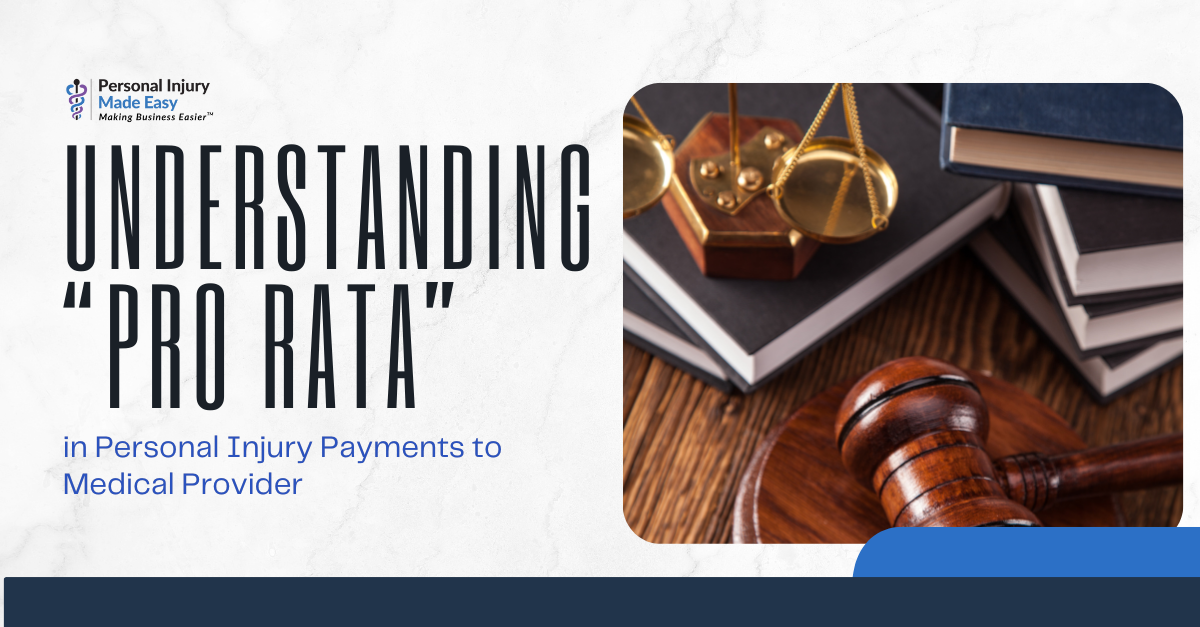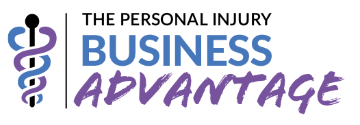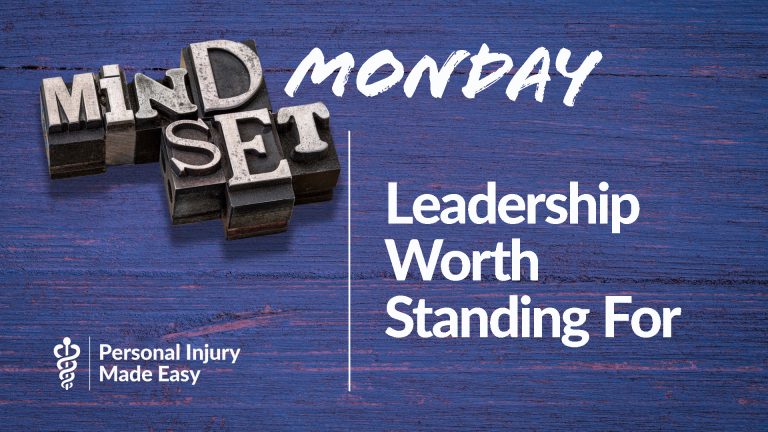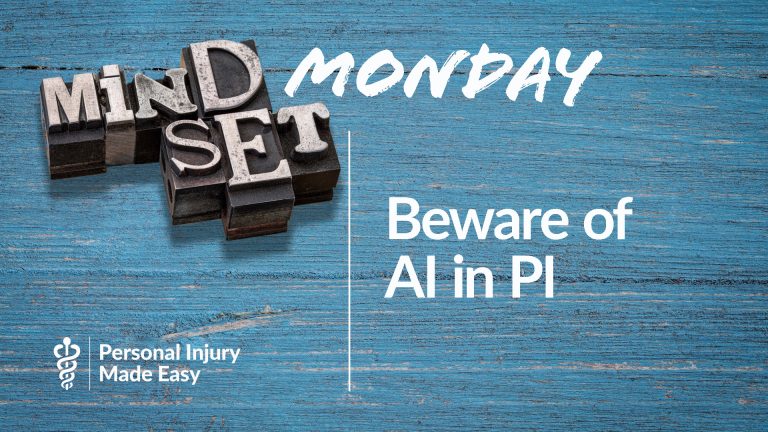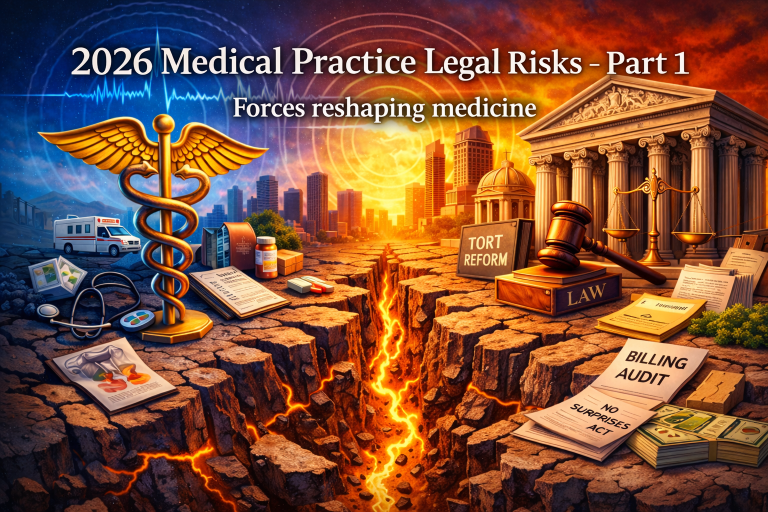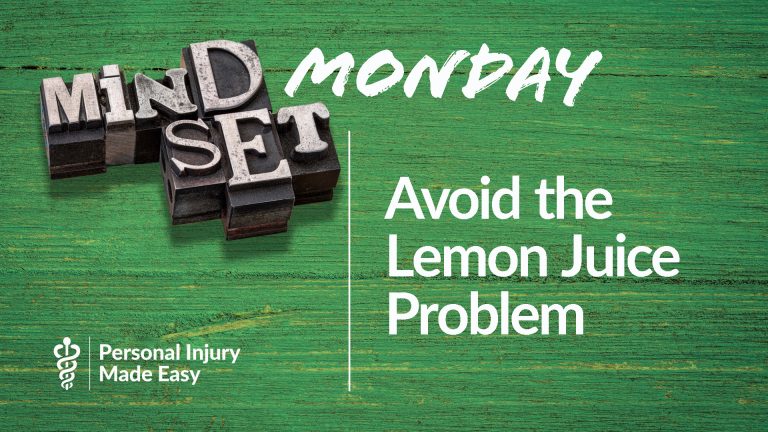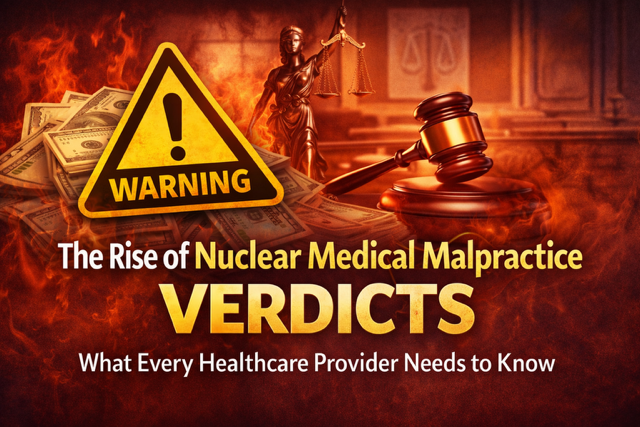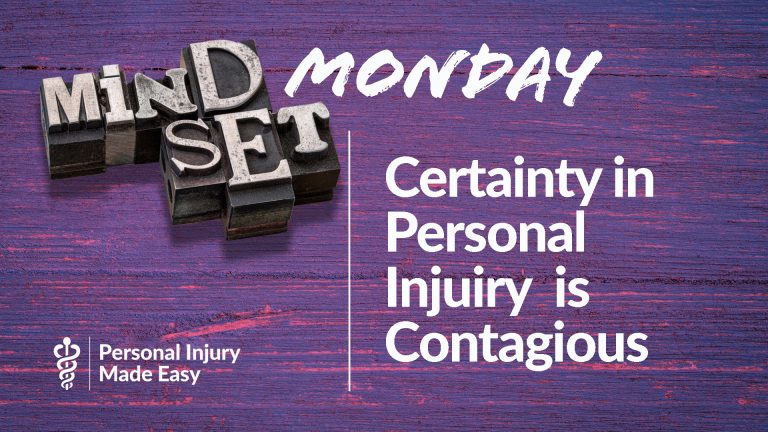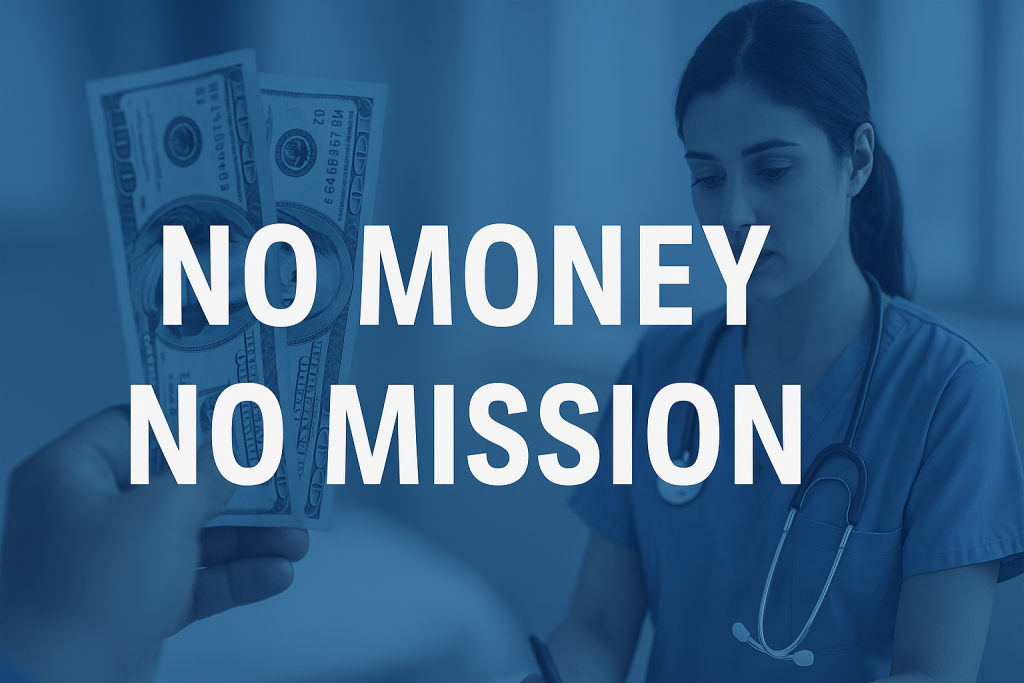
No Money. No Mission
Financial Strength Is the Backbone of Healing in Personal Injury Care
Whether you’re a physician, a practice owner, or part of the incredible admin and billing teams that hold it all together, you care about helping people heal. That’s the mission.
But I want to talk to you today about something that often feels like the opposite of healing. Something we sometimes treat like a necessary evil, or worse, something we try to avoid talking about at all: Money.
Making money, billing for it, chasing it, collecting it, and in personal injury (PI) dealing with others attempts to not pay or pay far less.
I want to challenge that thinking with one powerful truth:
No money. No mission.
Let me say it again: No money. No mission.
You got into medicine to help people. You took oaths, spent years in training, and built your practice around a belief in making people whole again or relieving pain or providing a healthier life. That is not just noble, it is necessary.
The community needs you. Personal injury patients, in particular, need you. They’re often in pain, confused about their legal rights, emotionally distressed, and unsure who to trust. You become their compass, their caregiver, and sometimes, their only advocate.
But here’s the reality: healing people doesn’t happen without margin.
It takes staff. It takes space. It takes time, sometimes unpaid time. It takes treatment, charting and documentation, lien management, phone calls, MedPay submissions, PIP coding, billing and endless attorney follow-ups.
And unfortunately, too often, you are part of the medical provider group expected to compromise when it comes time to be paid.
Let’s be honest.
- Insurers delay, deny, devalue or defend to reduce what they pay, which means less for all in a PI case.
- Attorneys, yes even the ones we refer to or support, want to pay you less so they can take their full fee yet also get their client paid better when deciding not to further pursue a PI case.
- They negotiate aggressively, assert legal theories as facts when they’re not, and often withhold information about the case status, settlement amounts, or intended disbursements.
- And meanwhile, you’re supposed to keep showing up with compassion, competence, professionalism, and patience.
But here’s what I want every person in your office to understand, especially those who feel pulled between the mission of healing and the uncomfortable reality of collecting money:
There is no mission without money.
That doesn’t mean you put profit over patients. But it means you never put purpose above sustainability.
Because when you go unpaid, your staff still needs a paycheck.
When an attorney pays you half, your rent is still due in full.
And when MedPay underpays or delays, your EMR subscription doesn’t go on pause.
So, what do you do?
You stop treating business strength as a betrayal of the healing mission.
You start treating it as a requirement of the healing mission.
You set firm boundaries with attorneys and even your own staff, not because you don’t care about the case, but because you care about your ability to keep showing up for the next patient.
You send accurate, reasonable and timely bills and enforce payment, not to be cold but because you are a professional and the most evident sign of respect in the business world—for any business or industry—is being paid what you bill. Your worth. Your value.
You educate your staff to understand that personal injury patients aren’t “maybe paid” patients. They’re valued patients with a balance owed, and the quality of your follow-up and the amount of your payment should reflect the quality of your care.
Let me make this clear:
Your compassion is not for sale.
Your mission is not negotiable.
And your financial strength is not optional.
It’s the fuel that allows you to succeed with your healing and helping mission.
To the front office: You are not just scheduling, you are gatekeepers of the mission.
To the billing teams: You are not just chasing money, you are preserving your office’s ability to care.
To the providers: You are not just healing patients, you are also leading teams, and leadership means saying no when people want something for nothing.
Now, I know some will still push back. They’ll say, “But it’s about the patient. Let’s just write it off.”
And I say: “If you keep writing off what’s owed, you may one day have to write off your practice.
And then who helps the next patient?”
So, stop apologizing for asking to be paid.
Stop whispering about overhead and billing, as if survival is shameful.
Let’s own the truth:
Mission over money. But there is no mission without money.
Because if you truly believe in what you’re doing…
If you believe your care changes lives…
Then you should also believe it deserves to be paid for: fully, fairly, and without fear.




